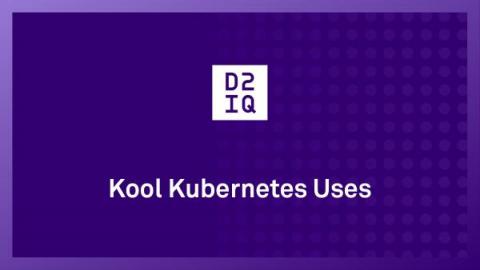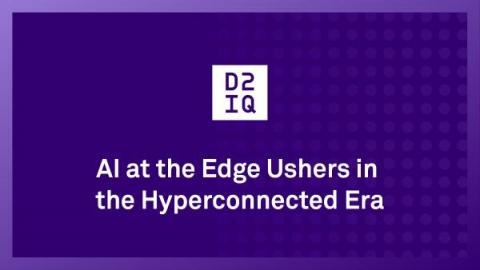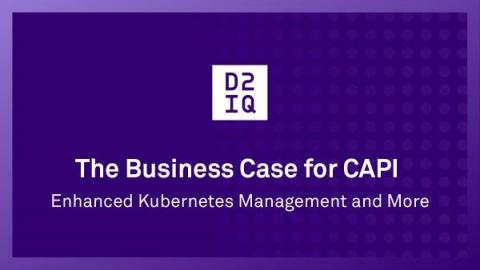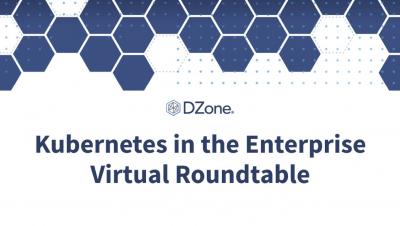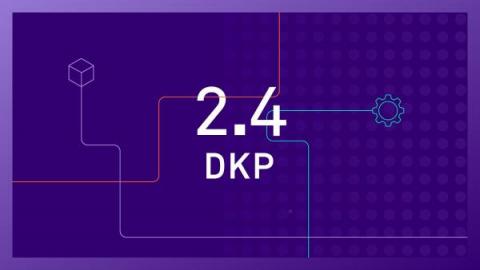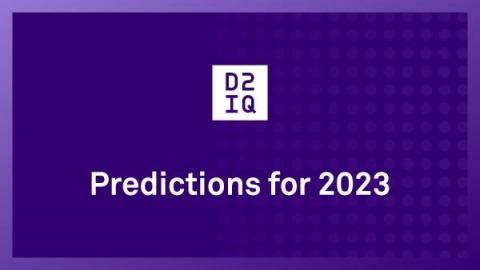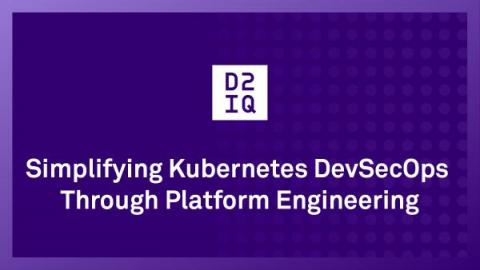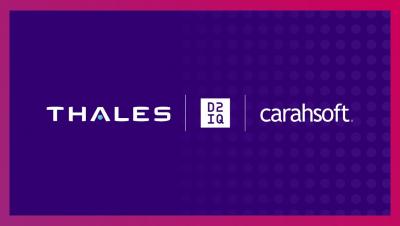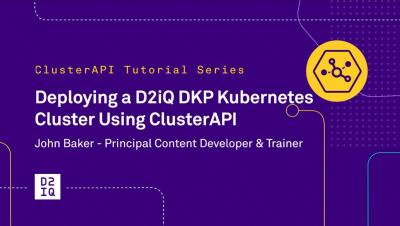Kool Kubernetes Uses
As the movement to the cloud has grown, so has the use of containers as an effective way to package, distribute, and deploy applications. As surveys show, Kubernetes is the most widely used orchestration engine for managing cloud-native containers. Kubernetes automates deployment, auto-scaling, resource optimization, backup and recovery, and enables containers to run across different environments, eliminating the need to develop separate versions for each operating environment.


